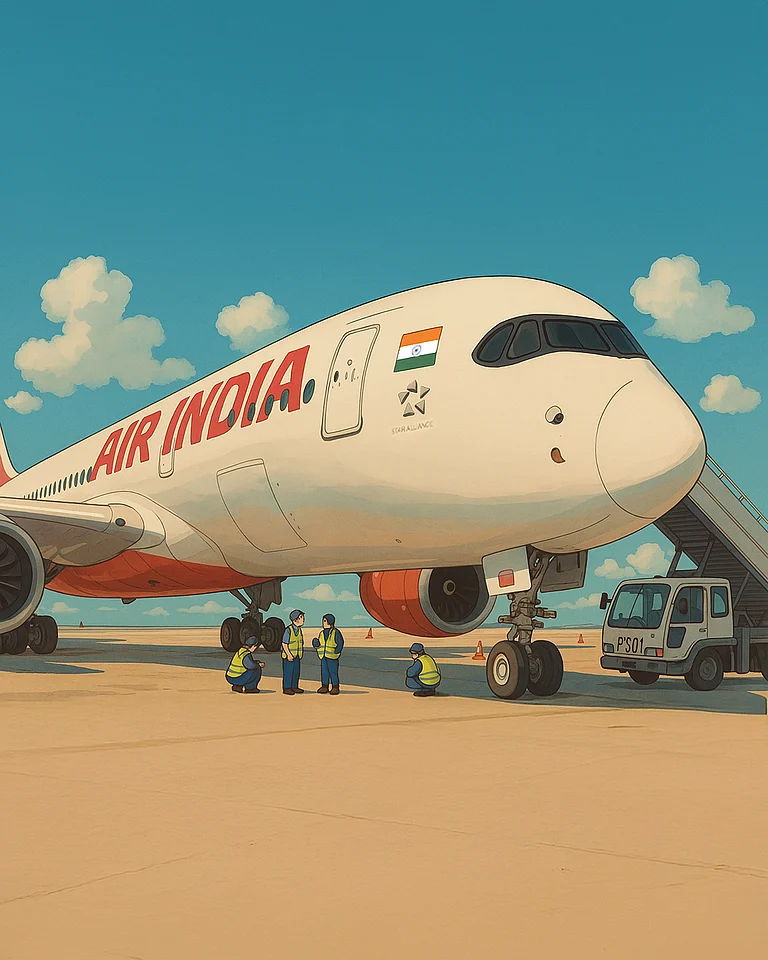Boeing CEO and President Kelly Ortberg said Chinese airlines are rejecting delivery of new planes due to US President Donald Trump’s tariff heat. In the first quarter earnings call on Wednesday, the CEO mentioned China is the only country where the US aircraft manufacturer is facing this issue and the company is likely to redirect the rejected jet to other customers. This development comes at a time when Indian airlines, including Air India and Akasa Air, are reportedly eyeing to get Chinese rejected Boeing aircraft to expand their fleet.
“Due to the tariffs, many of our customers in China have indicated that they will not take delivery,” Boeing’s CEO said during the first quarter earnings call on Wednesday.
Prior to Trump’s tariff hike, commercial aircraft were traded duty-free globally under a 1979 civil aviation agreement.
Chinese airline giants, including Air China, China Eastern Airlines and China Southern Airlines, had planned to receive 45, 53 and 81 Boeing planes, respectively, between 2025 and 2027. These aircrafts were ordered before President Trump started the US China trade war. To tackle US tariff heat and protect the Chinese aviation industry, the Beijing government has reportedly asked its carriers to not accept Boeing aircraft.
The US-China trade war that has now touched the aviation industry, might ease troubles for Indian airlines, who are facing delayed delivery of Boeing and Airbus jets due to global supply chain disruption.
Boeing’s Q1 FY25 Results
The American aircraft maker posted first-quarter results for the financial year 2025 with a record 18% year-on-year growth in revenue to 19.5 billion. The deliveries of commercial airplanes increased nearly 57%, from 83 in Q1 FY24 to 130 in Q1 FY25. The company’s cash burn decreased significantly from $4 billion in Q1 FY24 to $2.3 billion in Q1 FY25, driven mainly by increased operational efficiency and higher delivery of commercial aircraft.
CEO Ortberg said the company is making necessary changes to recover completely while navigating the current environment.
“Our company is moving in the right direction as we start to see improved operational performance across our businesses from our ongoing focus on safety and quality,” said Ortberg in a statement.
































